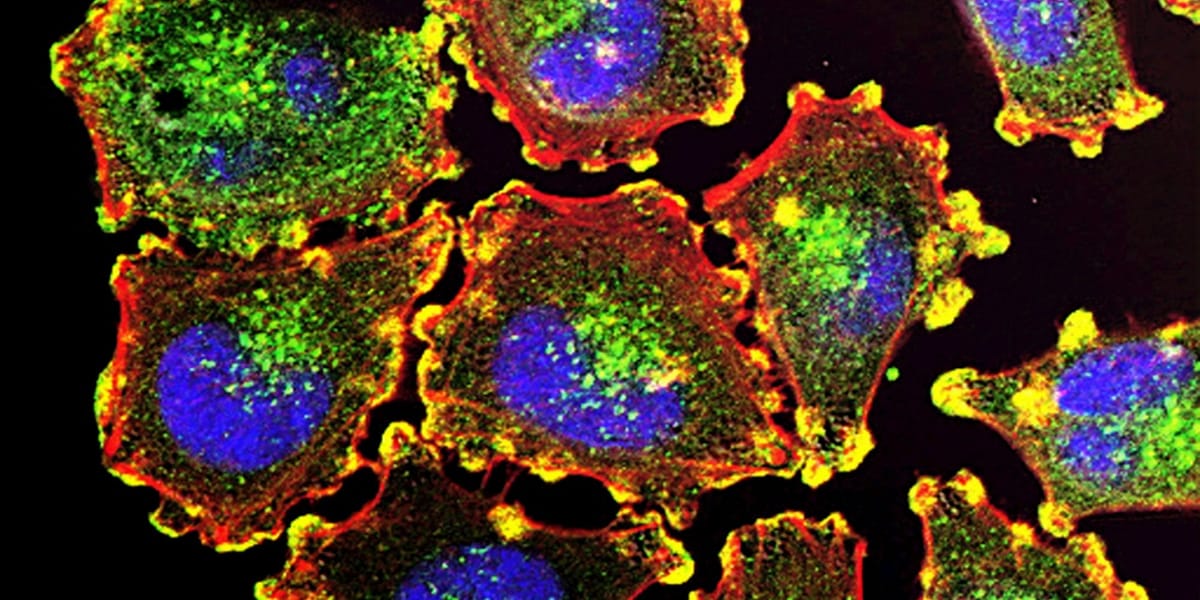mRNA: The Game-Changer in Cancer Treatment?

The war against cancer has been a long and arduous battle, but a new weapon is emerging that has scientists and patients buzzing with cautious optimism. This year, mRNA vaccines, the same technology that gave us a rapid defense against COVID-19, are making strides in the complex fight against cancer.
What are mRNA Cancer Vaccines?
Unlike traditional vaccines, which introduce weakened or inactive pathogens, mRNA cancer vaccines work by providing instructions to our immune system. Imagine your immune system as a highly skilled but sometimes clueless detective. mRNA vaccines are like providing this detective with a detailed mugshot of the enemy – the specific mutations present in a person's cancerous tumor.
Here's how this groundbreaking approach functions:
- Tumor Profiling: It all begins with analyzing a sample of the patient's tumor to identify its unique genetic mutations that distinguish it from healthy cells.
- Vaccine Design: This genetic blueprint is used to create a tailor-made mRNA vaccine. The mRNA acts as a code, instructing the patient's cells to produce proteins that mimic the tumor's mutations.
- Immune System Training: Once injected, the vaccine trains the immune system to recognize and destroy cells carrying these specific 'cancer flags', reducing the likelihood of the tumor evading detection.
The Potential Benefits
The concept of personalized cancer vaccines has been around for a while, but the power of mRNA technology revitalizes it, offering several exciting advantages:
- Precision Targeting: mRNA cancer vaccines have the potential to zero in on cancer cells while leaving healthy cells unharmed, potentially minimizing the harsh side effects of conventional treatments.
- Adaptability: If the cancer evolves, the mRNA vaccine can be quickly redesigned to keep pace, unlike some other forms of immunotherapy.
- The Prevention Factor: Researchers envision a future where mRNA vaccines could be used to prevent cancer in high-risk individuals or to stop recurrence after successful treatment.
Successes and Challenges
While this field is still developing, we're starting to see promising signs of progress. Early clinical trials, particularly when combining mRNA vaccines with existing immunotherapy drugs, have shown positive responses in some patients.
However, the road ahead isn't without its obstacles:
- Complexity: Cancer is a notoriously adaptable foe, and ensuring mRNA vaccines effectively target all the relevant mutations within a tumor is challenging.
- Large-Scale Trials: We need extensive trials to fully understand the long-term safety and effectiveness of mRNA cancer vaccines.
- Cost and Accessibility: Personalized medicine can be expensive. Making these cutting-edge treatments affordable and accessible to all who need them is crucial.
The Future of Cancer Treatment
While mRNA cancer vaccines are unlikely to be a standalone cure-all, they represent a significant potential shift in how we treat cancer. If future research proves successful, this technology could be a vital weapon when used alongside surgery, chemotherapy, and other immunotherapies. The excitement and potential are clear in scientific communities around the globe.
Research Sources
- Ruhui Yao, Chunyuan Xie, Xiaojun Xia. Recent progress in mRNA cancer vaccines (2024). Human Vaccines & Immunotherapeutics. https://pubmed.ncbi.nlm.nih.gov/38282471/
- BioNTech. BioNTech to Present Clinical Data Updates for Personalized mRNA-based and Targeted Oncology Candidates at AACR. https://investors.biontech.de/news-releases/news-release-details/biontech-present-clinical-data-updates-personalized-mrna-based/
The battle against cancer will be ongoing, but mRNA cancer vaccines offer a potent new tool for the years to come.



